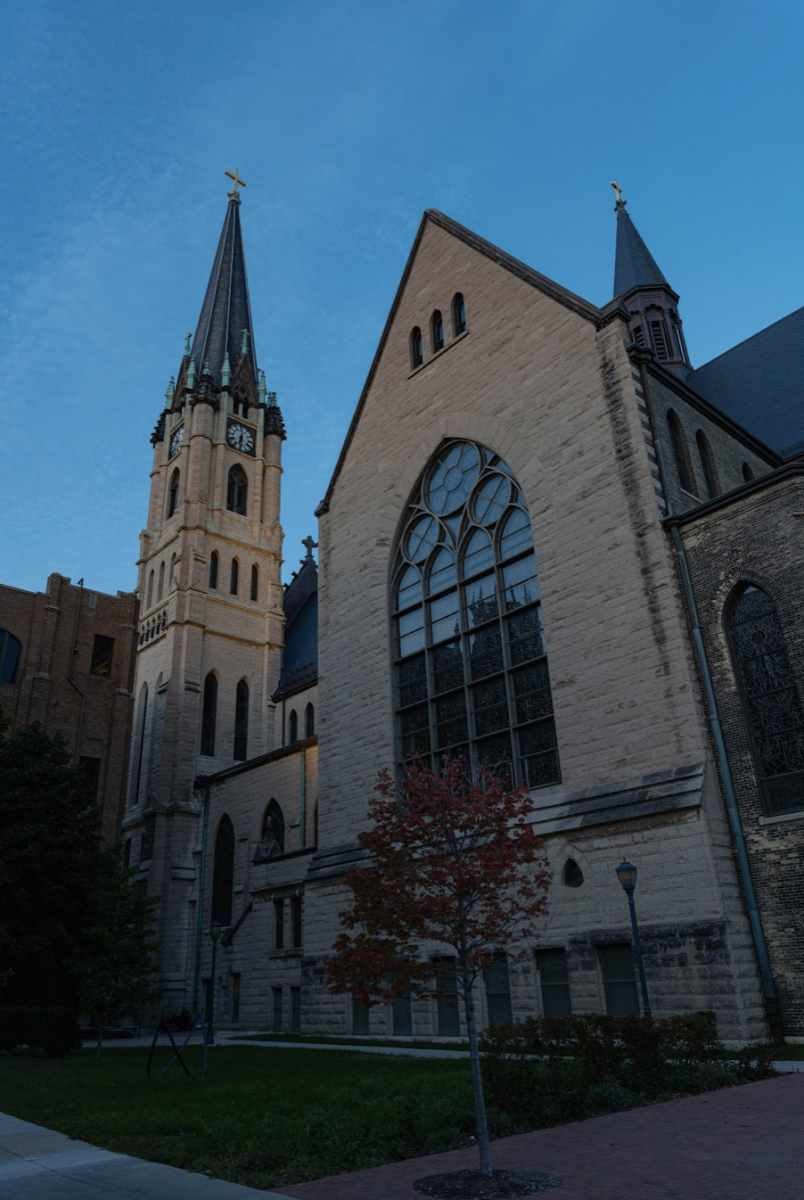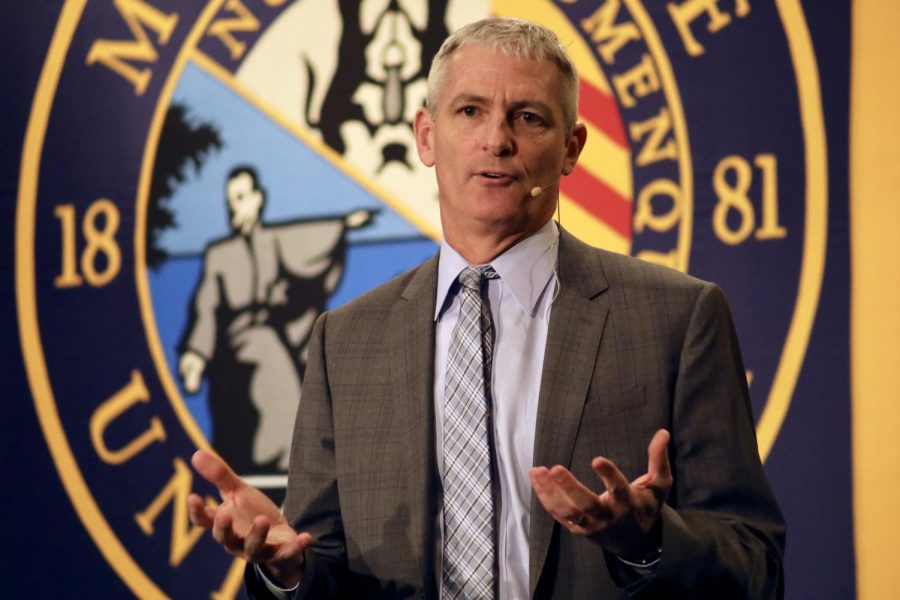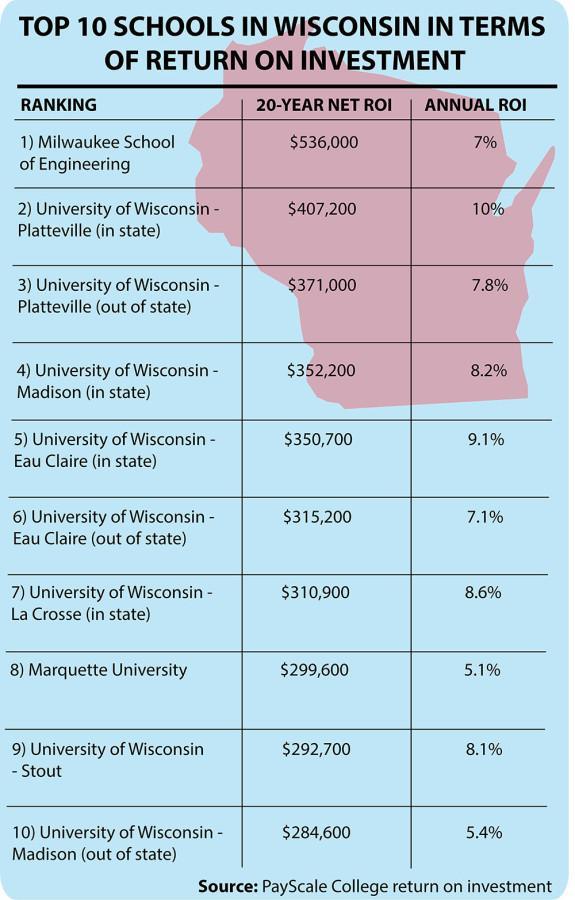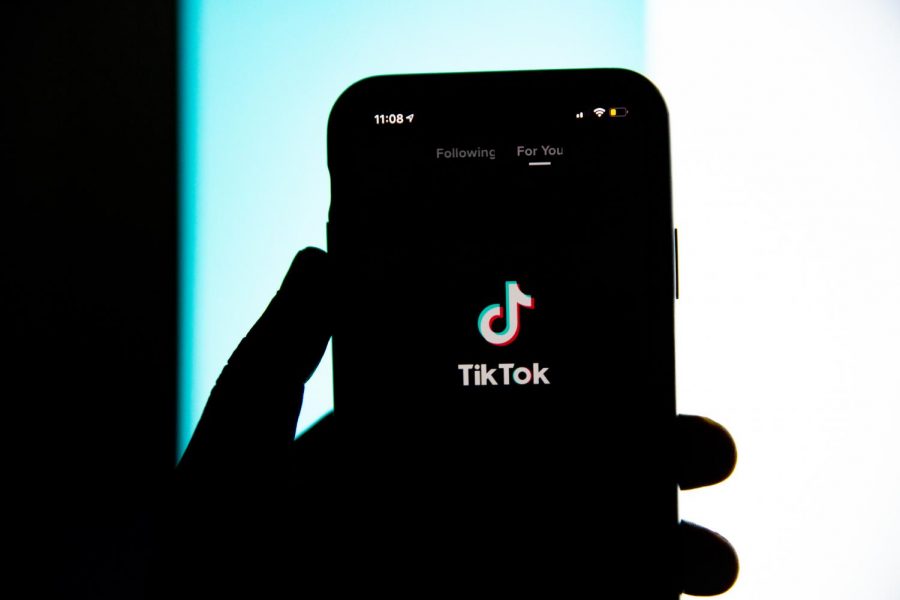One in five Americans no longer affiliates with an organized religion, according to a study by the Pew Research Center.
The study, “’Nones’ on the Rise,” released Oct. 9 through the Pew Forum on Religion and Public Life, says that “one-fifth of the U.S. public – and a third of adults under 30 – are religiously unaffiliated today, the highest percentages ever in Pew Research Center polling.”
Some, like Cardinal Donald Wuerl, the archbishop of Washington, D.C., are disappointed with the study’s findings.
“(There is a) tsunami of secular influence that has swept across the cultural landscape,” Wuerl said at the Synod of Bishops, which is celebrating the 50th anniversary of Vatican II and attempting to make the Catholic Church more relevant to the 21st century.
However, other individuals have celebrated the decline in religious affiliation.
“We’re seeing a marked shift in the religion bias of our country,” said David Silverman, president of the New Jersey-based American Atheists, in a statement. “Many atheists are ‘coming out’ and openly declaring their non-belief to friends, family and co-workers. The prejudice still exists, but the statistics prove that the stranglehold of religion is quickly fading away and being replaced by a more tolerant, secular society.”
According to the Pew study, the rise of the religiously unaffiliated does not signal the rise of the godless.
“One-third of the unaffiliated say religion is at least somewhat important in their lives. Two-thirds believe in God (though less than half say they are absolutely certain of God’s existence),” the study said.
Thus, just because there are people considered to be “nones” (they have no religious affiliation) by the study, they are not necessarily atheists. In fact, while the religiously unaffiliated make up about one fifth of Americans, atheists only make up two percent of the American population. So, while the percentage of Americans who identify as nonaffiliated has risen almost five percent in five years, the percent of Americans who consider themselves atheist has not even risen a full percentage point (0.8 percent) in that same period.
The decline has been most severe amongst Protestant Christians.
Over the long term, Protestantism has declined, from 62 percent of Americans identifying as Protestant in 1972 to 48 percent in 2012, marking the first time that Christian Protestants have not made up the majority of Americans.
Catholics, on the other hand, have been less affected by the trend, the study said. Over the past 40 years, the percentage of Americans who identify as Catholic has only fluctuated by one percentage point, staying between 26 and 25 percent.
While the study did not focus on non-Christian religions, it did find that other religions, including Judaism and Islam, have grown two percent in the past five years in comparison to the decline in Christianity of five percent.
The Pew study also examined the political effects of the rising “unaffiliated” demographic.
“The religiously unaffiliated are heavily Democratic in their partisanship and liberal in their political ideology,” the study said. “In the 2008 presidential election, they (the unaffiliated) voted as heavily for Barack Obama as white evangelical Protestants did for John McCain.”
The religiously unaffiliated are much more likely to support legalized abortion and gay marriage than their affiliated counterparts, yet they remain split on their beliefs about the size of government, according to the Pew study.
Another point the study made was not that faith and morals in the U.S. are gone, but rather that many Americans have become disillusioned with organized religion.
“They are much more likely than the public overall to say that churches and other religious organizations are too concerned with money and power, too focused on rules, and too involved in politics,” the study said.










